2nd INCREDIBLE
The 2nd International Congress on Regional Economic Development, Information Technology, and Sustainable Business
“Regional Economic Development, Information Technology, and Sustainable Business: Current Issues and Research Challenges”
August, 25-26, 2022
The 1st Incredible August 26-27 , 2020
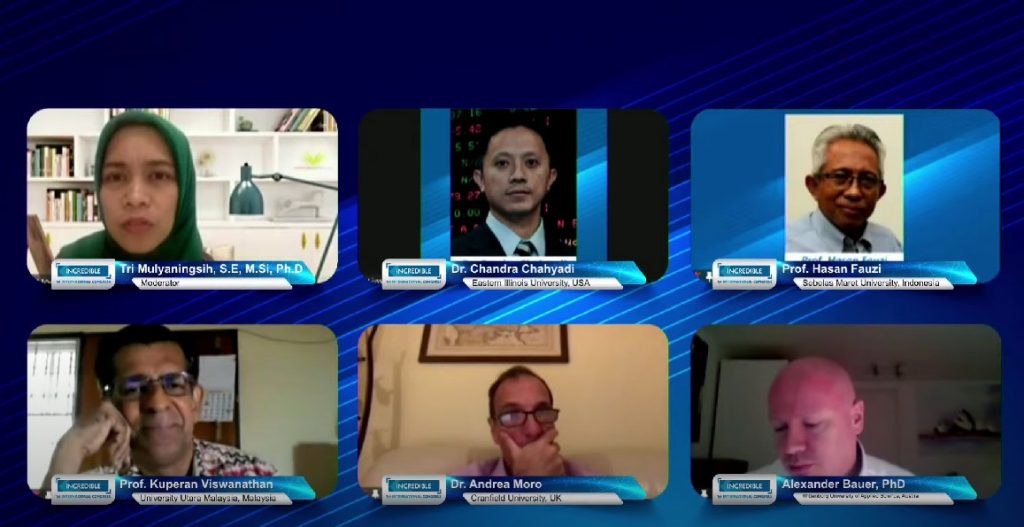
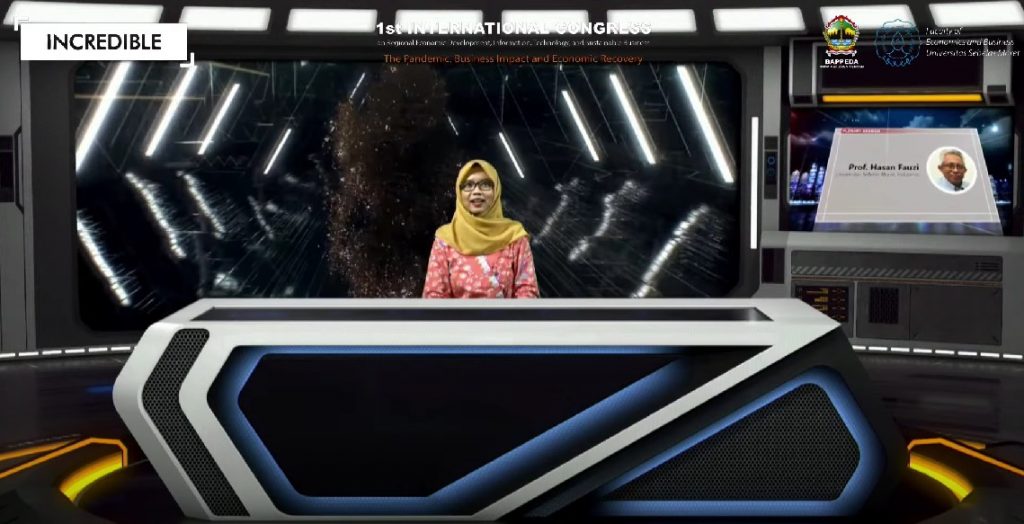
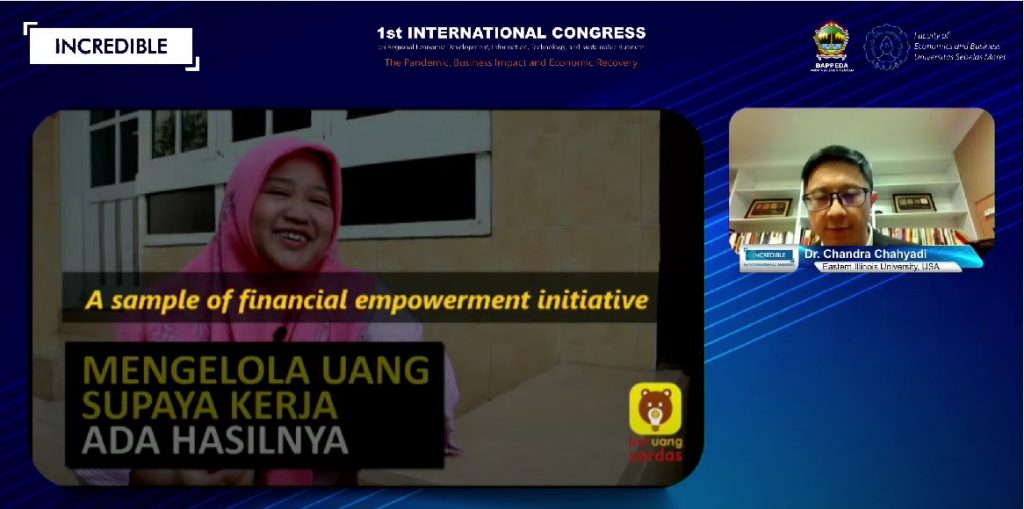
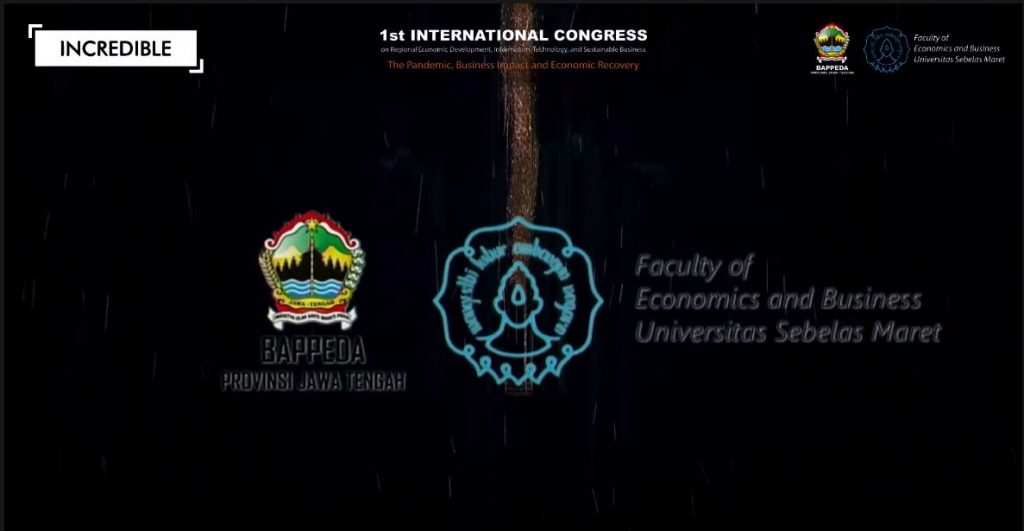
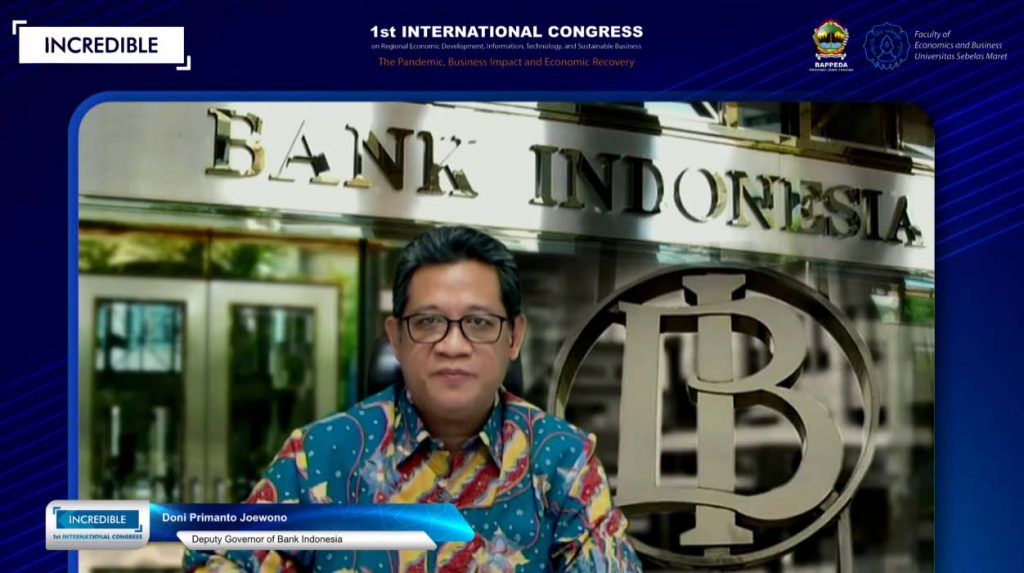
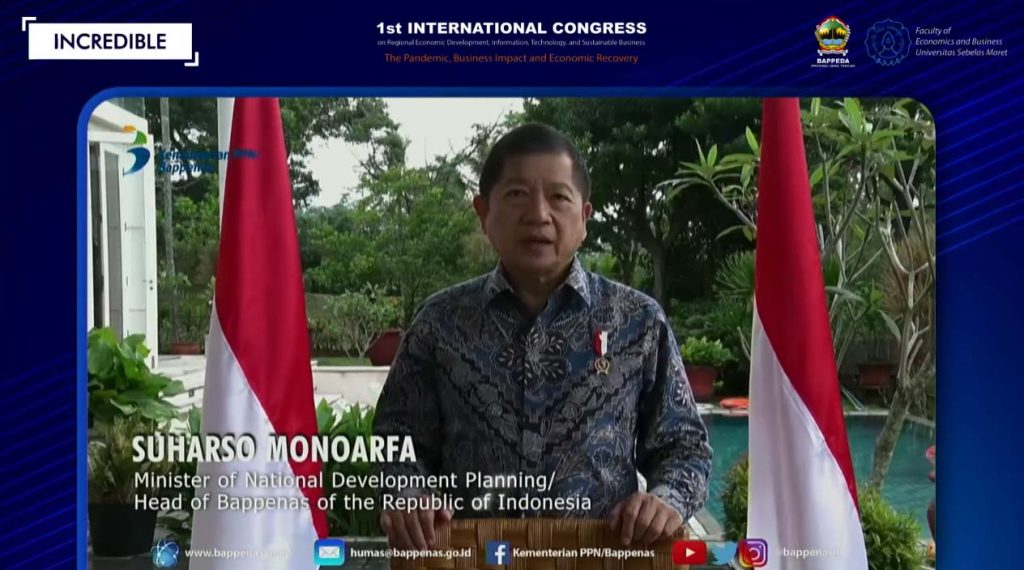
Organized by
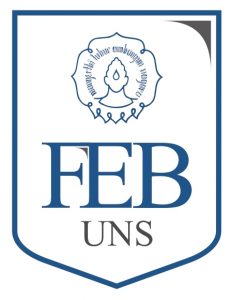

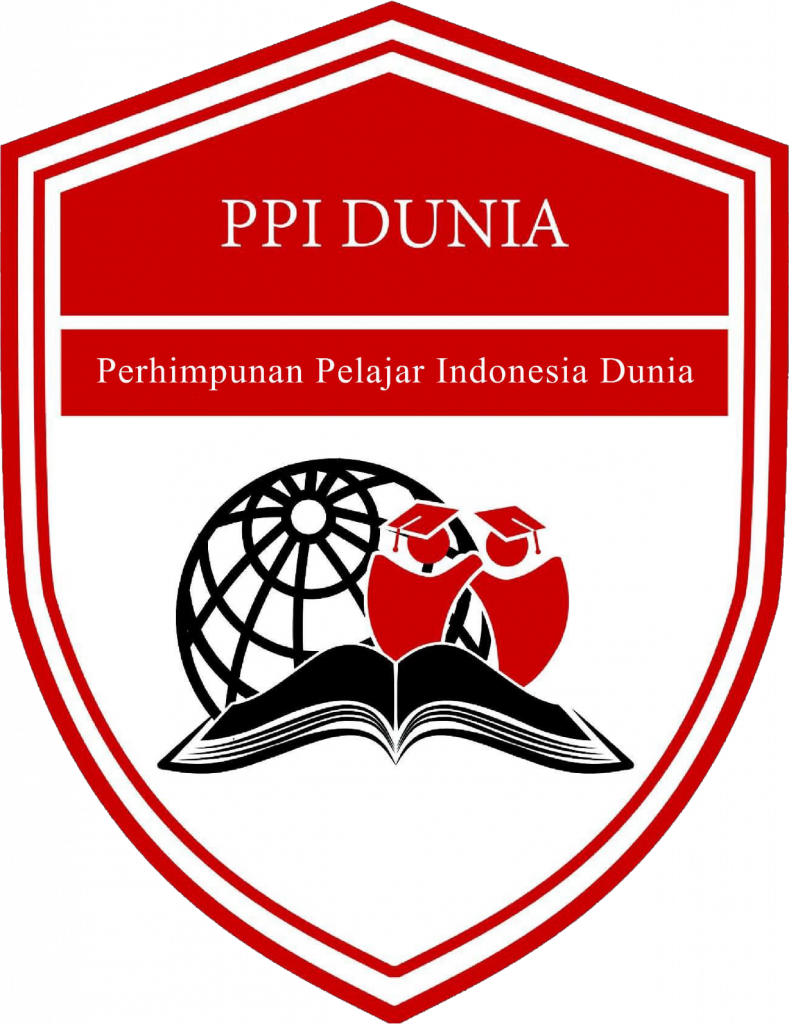


JURNAL EKONOMI MALAYSIA
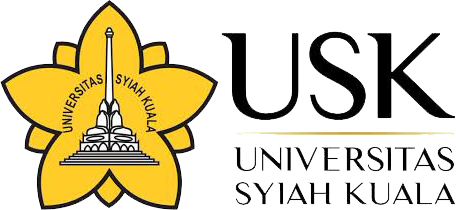

About
Indonesia has implemented a decentralization economy policy since 2001 to stimulate local economic development and lead higher prosperity for all people both in Java and non-Java Islands. The policy produces scholarly discussion on regional economic development in Indonesia. Regional economic development can be defined in various ways. For example, IGI Global (www.igi-global.com) identified three definitions of regional economic development consist of: (a) “It is the process of economic development of a region through which a region is capable to improve its economic, political, and social welfare”, (b) “It is the set of sustained, concerted actions taken by policy makers to promote the economic well-being and the standard of living of certain communities or regions”, and (c) “The process of regions commercial development that facilitate to enhance and expand regional growth”. In the common knowledge regional economic development can be defined as “A broad term but can be seen as a general effort to reduce regional disparities by supporting (employment and well-generating) economic activities in a region” (htpps://en.m.wikipedio.org). Moreover, the definitions lead some indicators such as local economic growth, per capita income, poverty, unemployment, inequality/disparity, industrial progress and capital formation, physical quality life index and human development index.
The development of regional economy in Indonesia can be designed under sustainable development goals (SDGs). Hence, the government has published a Road Map of Indonesia’s SDGs toward 2030 (Bappenas, 2019). Bappenas (2019) reported that the roadmap has been derived from the universal agreement of SDGs entitled Transforming Our World: the 2030 Agenda for Sustainable Development. In particular, the roadmap emphasizes some critical issues cover health, education, social protection, food security and sustainable agriculture, and infrastructure (e.g. water and sanitation, telecommunication, and green energy), ecosystem and biodiversity services, and government administration financing. Interestingly, Indonesia has a potential young generations to promote SDGs. They are a fresh blood to jack up sustainable and inclusive growth, to suppress inequality and poverty in all regions, and to dominate global labor market.
ESCAP (2017) argued that the SDGs can be implemented not only at a country level but also cross-country level. The key element to implement SDGs is beneficial cooperation under a regional road map. The road map demonstrates some critical points such as data and statistics, technology, finance, policy coherence and partnerships. Besides, the roadmap can pay more attention to deliver issues such as poverty, inequality, quality of governance and the effectiveness of public institutions, political stability, peaceful and inclusive societies, gender equality and women’s economic empowerment.In the micro level, SDGs will stimulate business environment in various ways. Firstly, SDGs can promote green and sustainable business, including socially sustainable. It will produce green producers, suppliers, and consumers, sustainable environment, green investment, and social well-being. Secondly, practical considerations by executives (entrepreneurs) to consider the best balance between self-interest and good society. It means that they should practice business sustainability. Thirdly, positive signs of change reflect the level of pay more attention of industry on environmental issues. The current business actions should improve the awareness of environmental quality and social well-being. Lastly, enhancing management systems demonstrate the new culture orientation and action on sustainable business and environment.
Sustainable business can be defined in various ways (http://lardbucket.org). The first, sustainable business is “The ability to meet the needs of the present without compromising the ability of future generation to meet theirs”. The second, sustainable business is “A business that is concerned about the social, environmental, and economic impacts (referred to as the triple bottom line: people, planet, and profit) that are associated with its current and future operations”. The third, sustainable business is “A business that focuses on its environmental impact rather than on the triple bottom line emphasis of a sustainable business (people, planet, and profit)”. Lastly, sustainable business is “A business approach that includes an awareness and understanding that everything is related and that nothing exists in isolation. Problems are viewed in the context of an overall system rather than as discrete issues to be resolved”.
Regional economic development and sustainable business can be swung more rapidly and purposefully through technology, in term of information and communication technology (ICT). In general, ICT can facilitate industry become more efficient and environmentally friendly. It means that ICT will provide sustainable business takes more pay attention of social transparency, environmental awareness, and economic impact. Karlsson, et al (2010) argued that in the 1980s literature contribute to elaborate the main role of ICT in generating a structural change of world economy. The structural change is not only reflected by economic aspects (e.g. economic growth, labor market, and industry) but also non-economic aspects (e.g. education, health, and life expectancy). In the aggregate level, the ICT will promote high level of productivity, growth, and skilled labor. Meanwhile, in the industry level, the ICT can stimulate the high level of innovation, efficiency and productivity, and high dependency level of technology in business activities (Industrial Revolution 4.0). Moreover, in the regional economic development, the ICT leads local economic growth in a sustainable and inclusive manners, local productivity, local connectivity, social well-being, and equality.
Keynote Speaker

Prof. Dr. Benny Tjahjono
Coventry University United Kingdom

Aranka Ignasiak-Szulc, Ph.D
Nicolaus Copernicus University, Poland

Associate Prof. Dr. Felix Ter Chian Tan
UNSW Australia
Invited Speaker

Prof. Arief Anshory Yusuf, Ph.D
Universitas Padjajaran
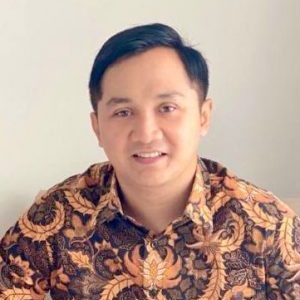
Agoes Ganesha Rahyuda, Ph.D
Dean Faculty of Economics and Business Universitas Udayana
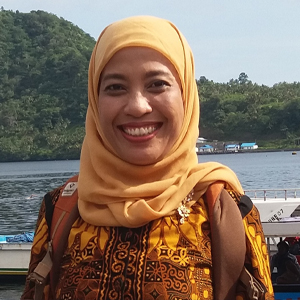
Retno Tanding Suryandari, Ph.D
Universitas Sebelas Maret
*In Confirmation
Publication Opportunities
<> Jurnal Ekonomi Malaysia – Scopus Q3
<> International Journal of Business and Society (IJBS) – Scopus Q3
<> Journal of ASEAN Studies – Scopus and SINTA 1
<> JEJAK: Jurnal Ekonomi dan Kebijakan – SINTA 2
<> Economics Development Analysis Journal – SINTA 2
<> Jurnal Ekonomi Pembangunan: Kajian Masalah Ekonomi dan Pembangunan – SINTA 2
<> Jurnal Ekonomi & Studi Pembangunan – SINTA 2
<> Jurnal Bisnis dan Manajemen – SINTA 2
<> JAM: Jurnal Aplikasi Manajemen – SINTA 2
<> Jurnal Manajemen dan Kewirusahaan – SINTA 2
<> Jurnal Ekonomi dan Studi Pembangunan – SINTA 2
<> Jurnal Pendidikan Bisnis dan Manajemen (JPBM) – SINTA 2
<> Book Chapter – ISBN
<> Jurnal Ilmiah Akuntansi dan Bisnis
Universitas Udayana – SINTA 2
<> Jurnal Manajemen, Strategi Bisnis, dan Kewirausahaan
Universitas Udayana – SINTA 2
<> Jurnal Ekonomi Kuantitatif Terapan
Universitas Udayana – SINTA 2
<> Jurnal Ilmu Ekonomi dan Pembangunan
Universitas Sebelas Maret – SINTA 3
<> Jurnal Penelitian Ekonomi dan Bisnis
Universitas Dian Nuswantoro – SINTA 3
<> Jurnal Personalia, Financial, Operasional, Marketing dan Sistem Informasi
Universitas Jenderal Soedirman – SINTA 3
<> Jurnal Dinamika Manajemen Universitas Negeri Semarang - SINTA 2
Prof. Dr. Izza Mafruhah (Universitas Sebelas Maret)
Prof. Dr. Rahmawati (Universitas Sebelas Maret)
Prof. Dr. Hunik Sri Runing Sawitri (Universitas Sebelas Maret)
Dr. Evi Gravitiani (Universitas Sebelas Maret)
Retno Tanding Suryandari, Ph.D. (Universitas Sebelas Maret)
Agung Nur Probohudono, Ph.D. (Universitas Sebelas Maret)
Associate Prof Dr. Mariani Abdul-Majid (Universiti Kebangsaan Malaysia)
Prof Dr. Liew Khim Sen (Universiti Malaysia Sarawak)
Prof. Tirta Nugraha Mursitama (BINUS University)
Dr. Shanty Oktavilia (Universitas Negeri Semarang)
Avi Budi Setiawan (Universitas Negeri Semarang)
Siti Aisyah (Universitas Muhammadiyah Surakarta)
Dr. Diah Setyawati Dewanti (Universitas Muhammadiyah Yogyakarta)
Misbahuddin Azzuhri (Universitas Brawijaya)
Prof. Dr. Eddy M. Sutanto (Universitas Kristen Petra)
Dr. Inayati Nuraini Dwiputri (Universitas Negeri Malang)
Yuli Agustina, SE.,MM (Universitas Negeri Malang)
Dr. Dodik Ariyanto, SE., MSi., AK., CA (Universitas Udayana)
Bhimo Rizky Samudro, Ph.D (Universitas Sebelas Maret)
Ika Hertiana , SE. M.Si (Universitas Dian Nuswantoro)
Monica Rosiana, S.E., M.Si (Universitas Jendral Soedirman)
Kris Brantas Abiprayu.,SE.,M.Sc (Universitas Negeri Semarang)
*In Confirmation
Important Dates
ABSTRACT SUBMISSION
March, 1 - May, 20, 2022

FULL PAPER SUBMISSION DEADLINE
July, 15, 2022

EARLY BIRD REGISTRATION (for presenter only)
July, 30, 2022

CONFERENCE DAY
August, 25-26, 2022
Topics
2. Inequality, Unemployment and Poverty
3. Natural Resources and Environmental Qualities
4. Social Security and Health Policy
5. Circular Economy, Digital Economy and Business
6. Information Technology and Fiscal Policy
7. Information Technology and Sustainable Business
8. Climate Change and Sustainable Business
9. SDGs and Sustainable Business
10. Supply Chain Management and Sustainable Business
11. Infrastructure and Sustainable Business
12. Woman Entrepreneurship and Sustainable Business